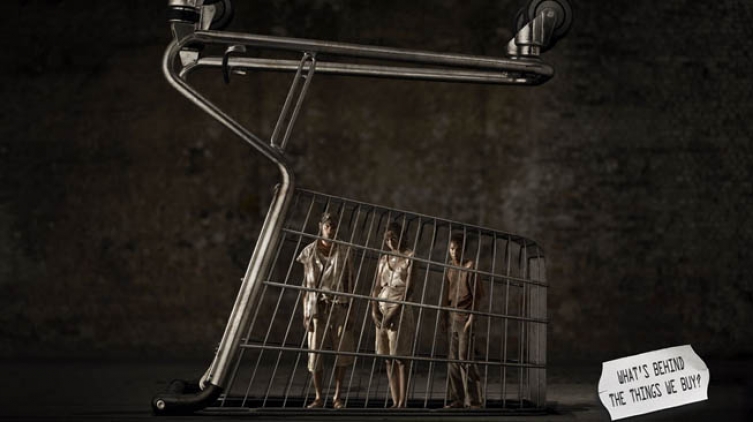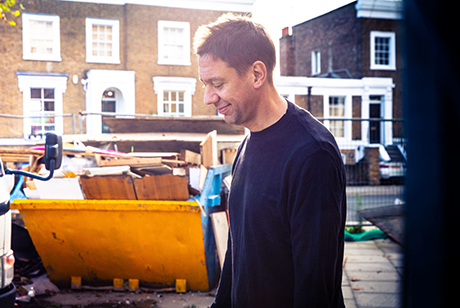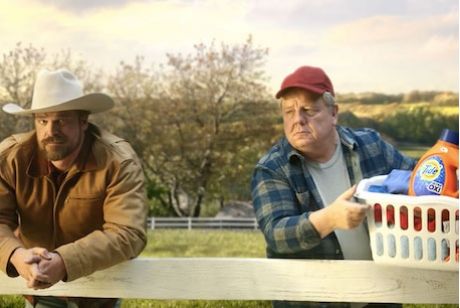Geneva - Saatchi & Saatchi Switzerland has launched a new European campaign for IOM (International Organization for Migration). The campaign, which was launched on 19th October at Place Schuman in Brussels to coincide with the third EU Anti-Trafficking Day, and the start of a European ministerial conference on global EU action against human trafficking, urges consumers to play a greater role in ending this abuse.
The objective of the campaign is to open up the public debate on human labour trafficking and to kick start a change in consumer behaviour. The campaign is built upon the global insight that most consumers want to buy brands and products that match and reflect their human and ethical values. However, many consumers in industrialized countries do not realize that currently they may be contributing to the plight of humans being trafficked behind the simple, everyday things they purchase. This campaign encourages people to ask the question, “What lies behind the things we buy?”
“To talk about it is to expose it,” says Kerry Petty, Global Group Account Director, Saatchi & Saatchi, Switzerland, who lead the campaign. “We live in a world where the consumer has more control than ever before because they have choices. It is important that the brands and products reflect their ethical values, otherwise, they can choose something else.”
The campaign consists of an event featuring a giant inverted shopping trolley imprisoning models representing migrant workers, along with a 30 second TV spot and online support. The first airing of this TVC is on RTL (Belgium) and Euro News. Consumers are also encouraged to visit www.buyresponsibly.org to find out more about human trafficking for labour exploitation and what they can do to help end it.
“We are not asking consumers to change the world,” says Philippe Schwaar, Saatchi & Saatchi Switzerland’s Creative Director on the campaign, “but if people took a stand by requiring that their products are proven to be human trafficking free, it’s a start. Thereby, corporations which ignore this social dimension in their manufacturing will increasingly tend to be rejected by the consumer.”
Since the launch event, 300 press articles have been written around the world about the campaign, 280 people have joined the related Facebook group (Responsible Buyers). There were also over 9000 visitors on campaign’s website (www.buyresponsibly.org) in just 4 days.














